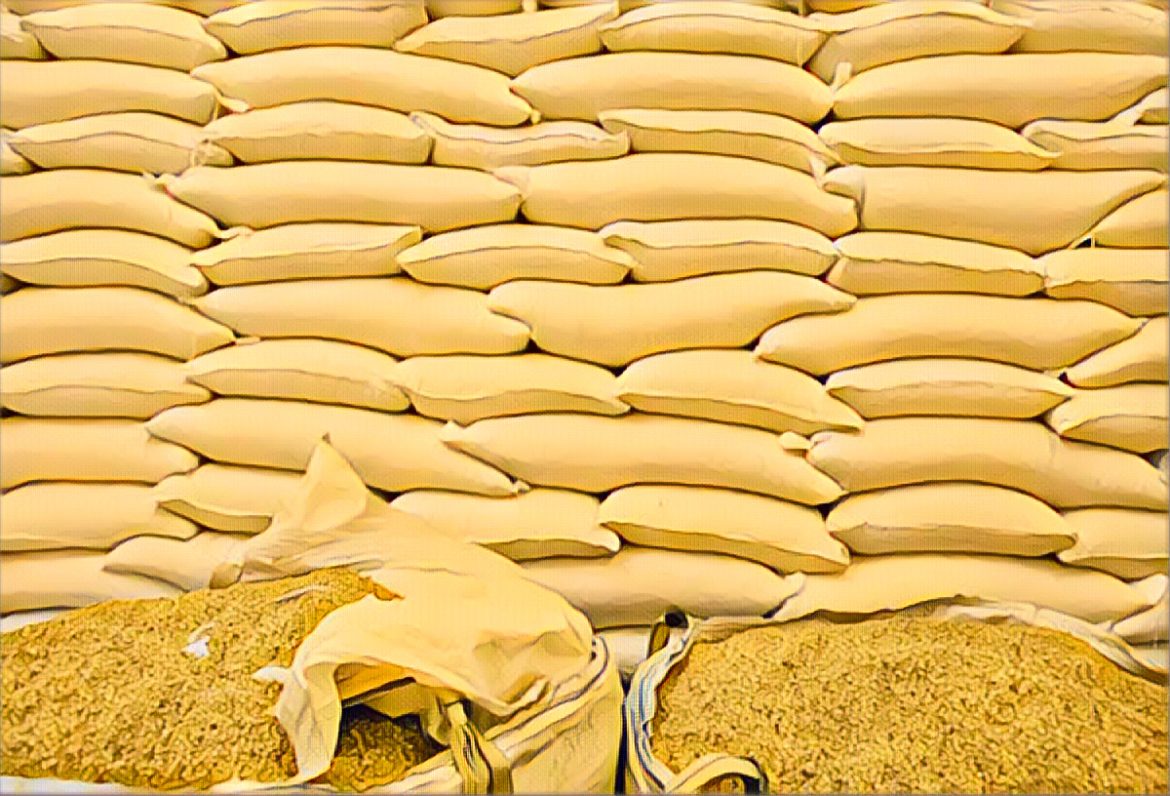Zimbabwe has distributed a total of 46,495 metric tonnes of grain to fight the effects of the El Nino-induced drought. Beneficiaries are receiving a three-month allocation as the country tackles severe food shortages.
Information Minister Jenfan Muswere reported a significant improvement in grain distribution during a post-Cabinet briefing. “As of June 22, 2024, a total of 46,494.52 metric tonnes of grain had been distributed, with beneficiaries receiving a three-month allocation,” Muswere said.
Since the start of the grain marketing season on April 1, 2024, the private sector has imported about 168,000 metric tonnes of maize and 17,000 metric tonnes of wheat. This brings the cumulative total to 185,000 metric tonnes. To boost maize reserves, the private sector plans to import an additional 1 million metric tonnes, helping mitigate the drought’s impact on the 2023/24 agricultural season.
Muswere also announced that the Harare City Council has formally requested the government to take over solid waste management. “The Local Government and Public Works Ministry is now working on putting in place functional systems and components to collect refuse,” he added.
The cotton marketing season began on June 6 and will end in a month. The eight registered contractors, including Alliance Ginneries and Cottco, must pay farmers for last season’s deliveries and complete all grade differential payments before purchasing new seed cotton. There are 647 common buying points across the country, with minimum seed cotton prices set at $0.43 per kilogram for grade A, $0.39 for grade B, $0.36 for grade C, and $0.32 for grade D. Payments to farmers will be split into 75% USD and 25% Zimbabwean dollars.
These efforts are part of Zimbabwe’s broader strategy to address the severe drought that has impacted the 2023/24 agricultural season. The significant grain imports and improved distribution processes aim to ensure food security and support those most affected by the drought.
Zimbabwe’s proactive measures, including substantial grain imports and efficient distribution, are crucial in combating the effects of the El Nino-induced drought. The government’s collaboration with the private sector and local authorities highlights a coordinated approach to ensuring food security and managing other critical resources.
Source: Newsday


